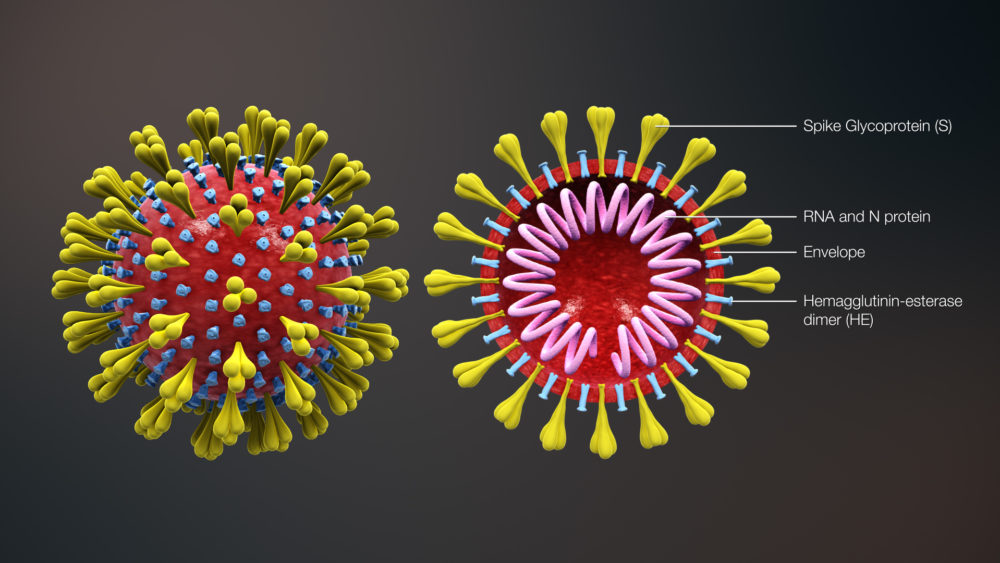The coronavirus news keeps coming fast and furious, so you can hardly keep up — universities shut down, no March Madness, Europeans barred from our shores, and even the beginning of the Major League Baseball season put off!
But what about us? What about those of us right here in Stephens Grove? What should we be doing to protect our families, our friends and ourselves, before we end up like that neighborhood in New Rochelle, N.Y.?
Fortunately, the Centers for Disease Control has issued a set of guidelines for regular folks like us, right in our own households.
Use the links provided below for even more information on the steps being recommended.
First, Plan and Prepare
Make sure you’re plugged in to the latest information about local COVID-19 activity from public health officials. While you monitor that, create a household plan of action:
- Consider members of the household that may be at greater risk, such as older adults and people with severe chronic illnesses. Here’s who that includes.
- Ask your neighbors what their plan includes.
- Create a list of local organizations you and your household can contact in case you need access to information, healthcare services, support and resources.
- Create an emergency contact list including family, friends, neighbors, carpool drivers, healthcare providers, teachers, employers, the local public health department and other community resources.
- Choose a room in your house that can be used to isolate sick household members from others.
While you make those preparations, practice these everyday preventive actions:
- Wash your hands frequently.
- Avoid touching your eyes, nose, and mouth.
- Stay home when you are sick.
- Cover your cough or sneeze with a tissue, then throw the tissue in the trash.
- Clean and disinfect frequently touched objects and surfaces.
- Be prepared if your child’s school or childcare facility is temporarily dismissed, or for potential changes at your workplace.
Take Action
In case of an outbreak in your community, protect yourself and others:
- Stay home and speak to your healthcare provider if you develop fever, cough, or shortness of breath.
- If you develop emergency warning signs for COVID-19, get medical attention immediately. In adults, emergency warning signs include*:
- Difficulty breathing or shortness of breath
- Persistent pain or pressure in the chest
- New confusion or inability to arouse
- Bluish lips or face
- *This list is not all-inclusive. Please consult your medical provider for any other symptom that is severe or concerning.
- Keep away from others who are sick.
- Limit close contact with others as much as possible (stay about 6 feet away).
Put your household plan into action:
- Continue to practice everyday preventive actions.
- If someone in the household is sick, isolate him or her in the prepared room.
- If caring for a household member, follow recommended precautions and monitor your own health.
- Keep surfaces disinfected.
- Avoid sharing personal items.
- If you become sick, stay in contact with others by phone or email.
- Stay informed about the local outbreak situation.
- Notify your work if your schedule needs to change.
- Take care of the emotional health of your household members, including yourself.
Take additional precautions for those at highest risk, particularly older adults and those who have severe underlying health conditions:
- Consider staying at home and away from crowds if you or a family member are an older adult or have underlying health issues.
- Make sure you have access to several weeks of medications and supplies in case you need to stay home.
- When you go out in public, keep away from others who are sick, and limit close contact with others.
- Practice good hand hygiene.
Take the following steps to help protect your children during an outbreak:
- Notify your child’s school if your child becomes sick with COVID-19.
- Keep track of school dismissals in your community.
- Discourage children and teens from gathering in other public places.
CLICK HERE for more information on how to get your household ready to cope with COVID-19.


Comments are closed.